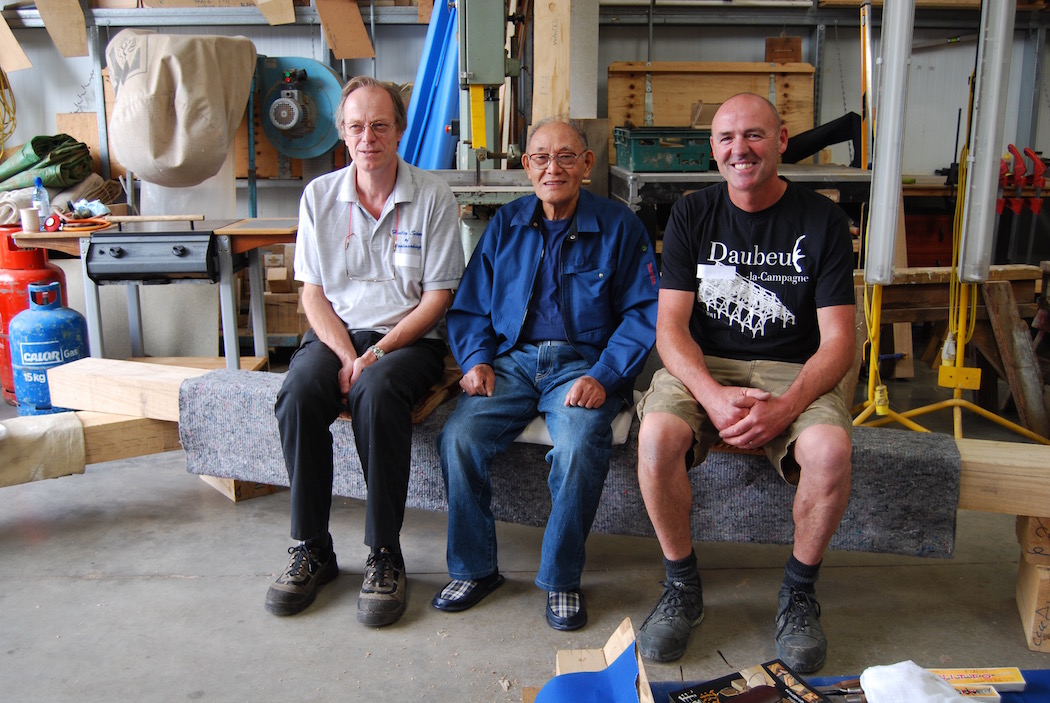MikeG.
Established Member
£700! I have never, and will never, spend £700 on anything for my workshop.........other than wood. That's my biggest tip for a newcomer: buy wood. Lots of wood. Fewer tools, more timber.

MikeG.":vgsj45au said:£700! I have never, and will never, spend £700 on anything for my workshop.........other than wood. That's my biggest tip for a newcomer: buy wood. Lots of wood. Fewer tools, more timber.
MikeG.":3hjtuqii said:£700! I have never, and will never, spend £700 on anything for my workshop.........other than wood. That's my biggest tip for a newcomer: buy wood. Lots of wood. Fewer tools, more timber.
woodbloke66":1pyr07la said:MikeG.":1pyr07la said:£700! I have never, and will never, spend £700 on anything for my workshop.........other than wood. That's my biggest tip for a newcomer: buy wood. Lots of wood. Fewer tools, more timber.
I shudder to think how much 'folding' is tied up in hardware in the 'shop. Even now my unused (but not unloved) Norris A1 panel plane would probably be a smidge more than £700 notes (not that I paid that for it)
Concur also about buying wood; buy lots of it, but if it's green you need somewhere outside to air dry it, don't you Mike? :lol: :lol: - Rob



MikeG.":ivpkp1ra said:Nothing but a minor discussion elsewhere about a small pile of wood set aside for seasoning.
MikeG.":r5nh820k said:No seriously, Rob has set asidea dozen or so boards for seasoning. A really small haul.
Ticklish to find an English pull saw though Mike :lol: - RobMikeG.":2k1b05o0 said:Spot on Sideways........although English saws are every bit as good as Japanese, and cheaper and easier to find.
MikeG.":29s7yous said:I'm not sure why you'd want to.
I started out like most people yonks ago in the early 70's with bog standard push saws (Tyzack and a few others) and then went up market to a LN (appalling thingMikeG.":3n1wczu1 said:You missed my point. Why would you want a saw that cuts on the pull?
One thing I have noticed is that a cheap (less than £25) Japanese saw is much more effective than cheap western saw. I have bought a couple of each now I find the ultra narrow kerf and the fact the Japanese saws come out of the box in much better shape gives them a big advantage to a beginner buying cheap. The push pull thing isn't really a factor to me, I find I can deal with both.MikeG.":2fjluu6o said:I have the complete opposite experience. I used some good ones, and found them no improvement whatever on western saws. Given that all your furniture is of far-Eastern design, I suspect you have an in-built liking for everything Japanese/ Korean, but you're seeing something in their saws that I certainly didn't.





